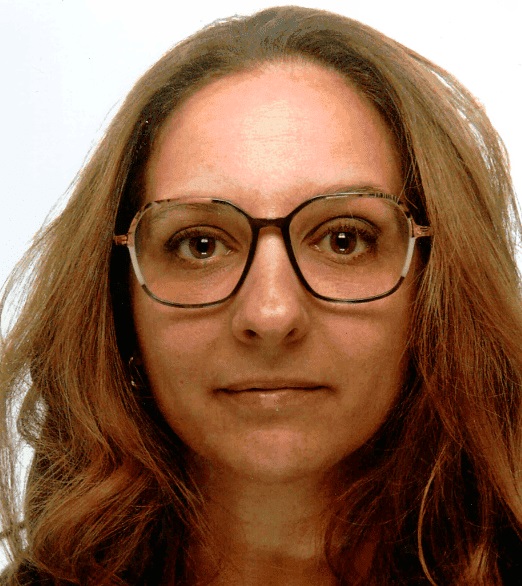Annulé - ECER 2020 - Educational Research (Re)connecting Communities
Date : du 25-08-2020 au 28-08-2020
Appel à communications ouvert jusqu'au : 31-01-2020
Lieu : Glasgow
Modalité : présentiel
Organisation : European Educational Research Association (EERA)
Following extensive discussions during the last weeks, EERA and the Local Organising Committee (LOC) have agreed to cancel ECER 2020 in Glasgow. This was an extremely difficult decision to make but is a necessary one in the light of the enormous challenges posed by the Covid-19 pandemic. Our primary consideration when making this decision was the health and wellbeing of conference participants and we feel collectively that this is the only possible position to adopt.
We recognise that the cancelation of ECER 2020 in Glasgow is a unique step for the EERA community. The ECER meeting is the centre point of our year, the place where we make new connections and renew old friendships. It offers a platform for our networks as well as for the emerging researchers group to explore and discuss current research and future possibilities while at the same time renewing the bonds that support their on-going work. The ECER meeting also allows us the opportunity to engage with the vibrant research culture of a member association and to experience their welcome and hospitality.
Whilst acknowledging all of this, we also recognise that we are facing a unique global crisis that requires significant changes of behaviour on all of our parts. All advice taken at local, national and European levels indicated to us that continuing with ECER 2020 in Glasgow would pose an unacceptable risk not only to participants but also to our host community. Cancelation appears, therefore, to be the only possible option.
EERA would like to pay tribute to our partners in the University of Glasgow and the Scottish Educational Research Association. They have at all times been constructive in their approach to the unprecedented challenges that we have faced and would undoubtedly have hosted a superb ECER. We look forward to exploring possibilities for returning ECER to Glasgow in the not too distant future.
We would also like to acknowledge the work of our 33 Networks (including the Emerging Researchers' Group) who have been hard at work over the past number of months managing submissions and reviews and beginning the process of programme design. Finally, we would like to recognise the work and commitment of the authors of 2.900 contributions submitted for ECER 2020. We understand the significant amount of work that went into each and every one of these proposals and are exploring ways of recognising this more formally.
EERA continues to offer its solidarity and best wishes to all who have been impacted by this global crisis. Collectively and individually we remain committed to engaging in high quality research for the benefit of society and intend to be part of the reconstruction of communities and societies in the weeks and months ahead.
-----
Programme :
The ECER 2020 in Glasgow intends to interrogate the capacity of educational research to address the complexity of the challenges that are encountered in connecting and reconnecting communities in contemporary Europe.
The concept of community is a complex one open to many different, and often contradictory, interpretations and operationalisations. As citizens and researchers we are members of a diverse range of often overlapping communities at local, national, international, disciplinary and institutional levels. How we choose to conceptualise community and how this interacts with the views and values of researchers and practitioners is at the heart of many strands of educational research. The diverse web of relationships and meanings that link education and community is reflected in valuable and socially relevant educational research that has generative potential to address the challenges of (re)connecting communities.
In this context, it can be argued that education and educational research have the potential to help make sense of what is happening in Europe and the communities of Europe. They might also provide resources to think in a different way, and possibly, generate resources to imagine solutions to fractures in communities. These fractures include: fragmentation, anti-intellectualism and mistrust of establishments, institutions and politicians. The threat of fragmentation can be perceived in the debates about nationalism in Europe and Brexit in the UK. These debates have relied on simplistic binary positions that have arguably led to unwelcome divisions and are closing down communities. There is a rise in anti-intellectualism in public life and a deep-rooted mistrust of establishments, institutions and of politicians in many communities. Education and educational research challenge these narratives and offer alternatives that contribute to the building of a ‘social Europe’ that prioritises the needs of citizens, acknowledges importance of emerging reconceptualisations of the nature of citizenship and identity driven by increasing diversity, the emergence of digital technologies, the fragmentation of traditional social structures and the recognition of centrality of educational communities to the rebuilding of a shared social space.
ECER 2020 suggests that the role of educational research is to establish the position or place of education in the recurrent debates and tensions between the local and global dimensions of life and help to connect and reconnect communities. Participants are invited to interrogate this contention, in order to examine the potential of educational research to (re)connect communities across Europe and beyond.
Important dates : 01.12.2019 Submission starts - 31.01.2020 Submission ends
Comme chaque année, l'ECER est précédée par une conférence dédiée aux jeunes chercheurs : Emerging Researchers' Conference, 24 - 25 August 2020.
URL : https://eera-ecer.de/.../
mot(s) clé(s) : recherche en éducation














